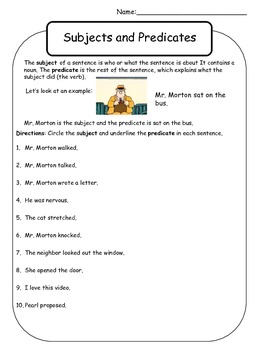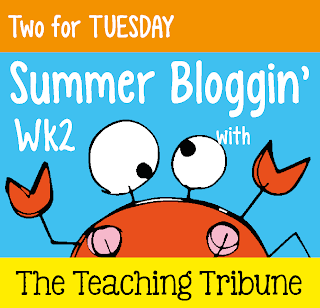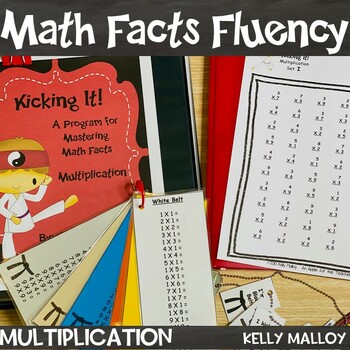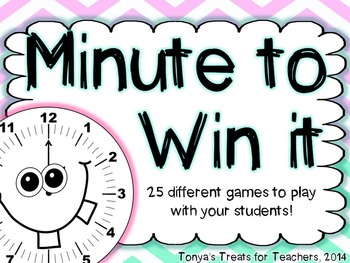Chapter 1
Chapter 2
Chapter 3
Chapter 4
Chapter 5
Chapter 6
Today I am linking up with Brenda from Primary Inspired for Chapter 7.
This chapter is another one where I have written and highlighted all over the pages!
My thoughts on Chapter 7:
Donohue states, "The key to successful small-group instruction is independence and it begins in the first few days of school." In order for you to work with a small group of students, the other students need to be doing something productive. In this system that is called AWARD time. The thing that separates this from others systems such as the ones used in Daily 5 is "the intentionality with which students' independent work is connected to the learning that is happening during other times during the literacy block." I love this because I often felt that the accountability piece was missing in Daily 5. I have had many students who can look quietly engaged in reading or writing, yet never do a lick of work.
In this system, students go from a guided reading situation, to working on a written reading response. The next day they work on independently reading and then independently practicing the skill from the day before. Likewise, in writing, they would go from independent writing to a conference on one day to independent writing and then a peer sharing the next.

The thing I am most excited to try this upcoming school year is to add this intentional piece. Having students be more accountable will be a key part of this. I love the gradual release of responsibility that is shown. I also really like having the peer mentor piece of writing added to it. I used peer mentors this year and it worked really well. I like the idea of students meeting with myself or their mentor each day.

I want to think more about what my students will be responsible for in the way of both reading responses and writing.
Next up- Chapter 8: Small Group Learning
Be sure to visit our co-host Emily from Emmy Mac's Class on June 21st to continue this learning journey with us.
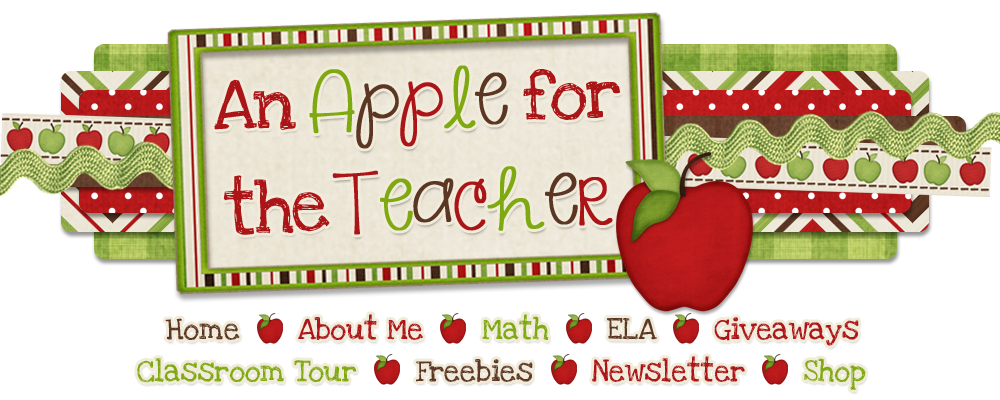






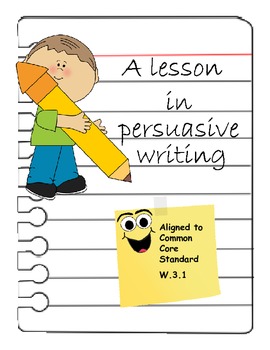 The first item is
The first item is 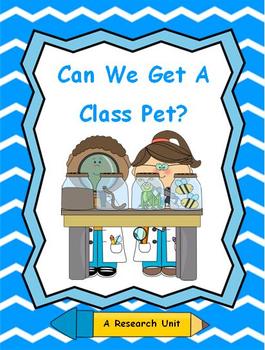 The second item involves both persuasion and research as your students try to persuade you to get a class pet. They will also try to convince you what type of pet to get as well.
The second item involves both persuasion and research as your students try to persuade you to get a class pet. They will also try to convince you what type of pet to get as well. 

